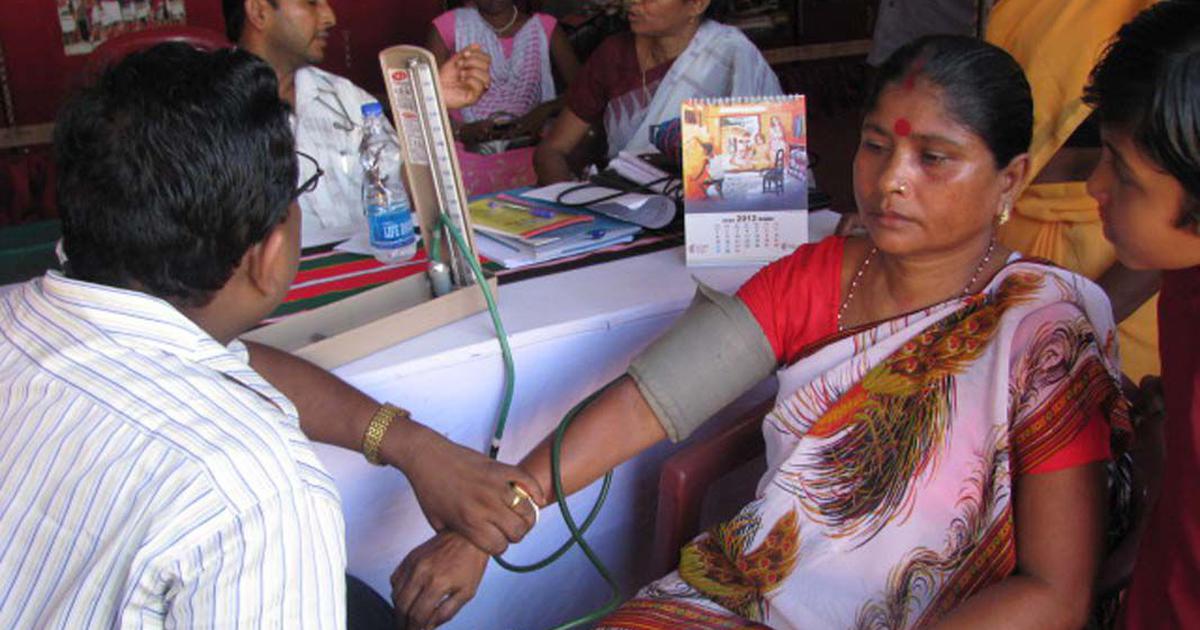Risk of stroke, dementia could rise as biological age surpasses chronological age
Research indicates slowing the body’s internal decline may be key to preventing chronic diseases in late life.


As we journey through life, the risk of developing chronic diseases, including cancer, heart disease and neurological disorders, increases significantly. However, while we all grow older chronologically at the same pace, biologically, our clocks can tick faster or slower. Relying solely on chronological age – the number of years since birth – is inadequate to measure the body’s internal biological age.
This discrepancy has prompted scientists to find ways to determine a person’s biological age. One way is to look at “epigenetic clocks” which consider chemical changes that occur in our DNA as we age. Another approach uses information from medical tests, such as blood pressure, cholesterol levels and other physiological measurements.
By using these “biomarkers”, researchers have discovered that when a person’s biological age surpasses their chronological age, it often signifies accelerated cell ageing and a higher susceptibility to age-related diseases.
Our new research suggests your biological age, more than the years you’ve lived, may predict your risk of dementia and stroke in the future.
Previous studies have shed light on this association but they were often limited in scale. This has left gaps in our understanding of how biological ageing relates to various neurological disorders, including Parkinson’s disease and motor neuron disease.
To bridge this gap, our study, published in the Journal of Neurology,...



































![Safari Thorium Neo 8-Wheel Luggage Set Trolley Bags (Set of 3) at just Rs. 5,599 [MRP 29,100]](https://savefree.in/uploads/images/202409/image_870x580_66f63845060f0.webp?#)












![Handmade Brown Mango Wood Chopping Board At just Rs. 89 [MRP 599]](http://savefree.in/uploads/images/202303/image_870x580_641bf7e9c2206.jpg?#)


